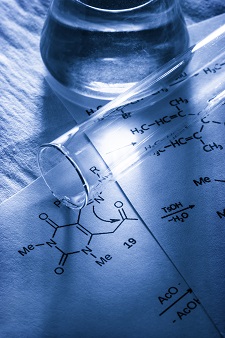What you make is important, but also how you make it

date: 15/06/2015
Project: Advancing the Green Chemistry of Singlet...
acronym: SINOXYGEN
See also: CORDIS
How can we keep up with the ever-increasing demand for novel products, materials, drugs and responsive technologies in a world of ever-dwindling resources? How can complex molecular architectures, such as those found in nature, be synthesised in an efficient and clean way?
Prof. Georgios Vasilikogiannakis has focused his research on looking for new ways to transform simple raw materials rapidly, neatly and cheaply into complex molecular architectures - searching out methods as close as possible to the ideal synthesis, as it has been called. And he has begun to find the promising chemistry he was looking for.
Singlet oxygen is an electronically excited state of molecular oxygen. Highly reactive and yet one of the greenest oxidants of all, when generated within solutions of simple substrates, it can bring about a cascade of chemical reactions through which dramatic increases in molecular complexity can occur. These processes offer new synthetic routes considerably shorter and cleaner than those presently in use, ready for application across disciplines - from natural products to new materials and pharmaceuticals.
Although singlet oxygen might be described as a non-classical tool in organic chemistry, it offers a promising alternative to the synthetic methods currently used, including toxic heavy metal oxidants. It produces no waste and can often be used in water. For Prof. Vasilikogiannakis and his team, new challenges lie ahead: while singlet oxygen has already proven to be a remarkable reagent, small changes to the reaction cascades allow them to occur in hundreds of different ways providing a constantly changing skyline for the research team.
